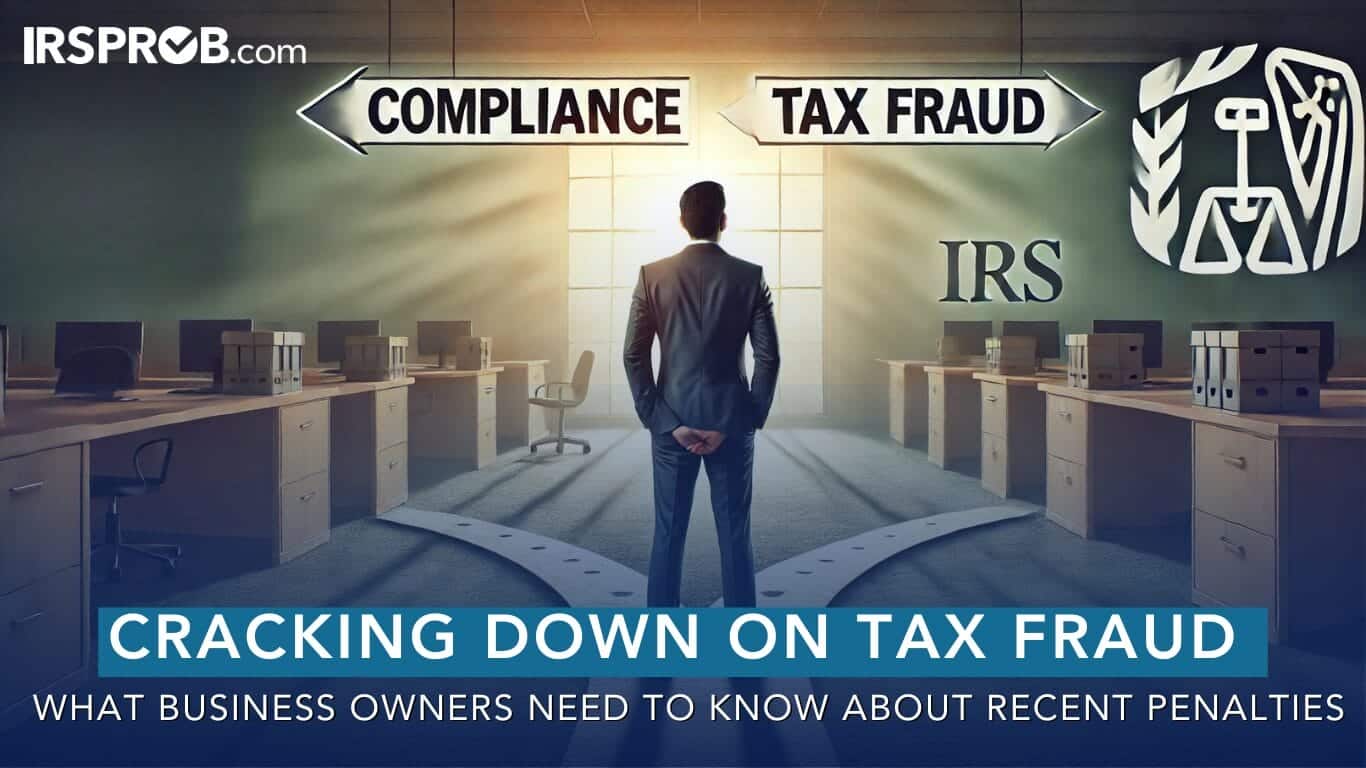
When tax fraud schemes come to light, they often highlight the importance of understanding tax regulations and the severe consequences of non-compliance. In a recent case, a Mexican national was sentenced to six years in prison for orchestrating a $25 million tax fraud scheme. This case serves as a stark reminder to business owners about the consequences of evading taxes and manipulating returns. Let’s break down the key takeaways and explore what you, as a business owner, need to know about avoiding similar pitfalls.
Understanding the Tax Fraud Scheme
In this particular case, the individual led a group that used false tax returns to secure large refunds from the IRS. Using stolen identities, the group fraudulently claimed deductions and credits to which they were not entitled. This isn’t an isolated event; similar cases have shown how some attempt to manipulate the system through deceit. But why is this significant for business owners?
The Risks of Non-Compliance for Business Owners
While this case involved a fraud ring, it’s a cautionary tale for legitimate business owners, too. Here are a few key risks to be aware of:
- Identity Theft and Fraudulent Filings: Businesses are often targets of identity theft schemes. Protecting your business’s data is critical because stolen information can be used to file false returns in your business’s name, leading to audits, penalties, and damaged reputations.
- Improper Deductions and Credits: Fraudulent deductions and credits are often used in tax evasion schemes. Business owners must ensure they claim only legitimate deductions and credits. Improperly claiming deductions can lead to hefty penalties and increased scrutiny from the IRS.
- Severe Legal Consequences: Penalties for tax fraud are severe and can include prison time, as seen in this case. Beyond imprisonment, those convicted may face significant fines and the loss of business licenses. The IRS and Department of Justice prioritize pursuing tax fraud cases, especially where large sums and identity theft are involved.
Key Takeaways for Staying Compliant
To avoid entanglements with the IRS, business owners should adopt robust tax practices. Here are a few recommendations to help you stay on the right side of the law:
- Work with a Qualified Tax Professional: Tax regulations are complex, and working with a qualified tax advisor can help ensure you’re in compliance. A tax professional can help you identify legitimate deductions and credits, maintain accurate records, and prepare returns correctly.
- Implement Strong Data Security Practices: Preventing identity theft starts with securing sensitive information. Protect your business’s financial data by using secure software, regularly updating passwords, and implementing encryption where possible. Ensure employees are aware of phishing scams and how to avoid them.
- Avoid Red Flags on Your Returns: Certain actions can raise red flags with the IRS. These include claiming excessive deductions for entertainment or travel, misclassifying employees as independent contractors, or underreporting income. Be honest and accurate in all your filings, and keep thorough records to substantiate any claims made.
- Stay Informed on IRS Regulations: Tax regulations can change frequently, so staying informed on the latest requirements is crucial. The IRS regularly updates its publications to reflect changes in tax law. Familiarize yourself with publications like IRS Publication 334 (Tax Guide for Small Business) and IRS Publication 583 (Starting a Business and Keeping Records).
The Importance of Ethical Tax Practices
Finally, remember that running a business ethically extends to how you handle taxes. Complying with tax laws not only protects you from legal repercussions but also strengthens your business’s credibility and trustworthiness. By investing in compliance and embracing transparency, you’ll build a solid foundation for long-term success.
Tax fraud cases like the one discussed serve as a reminder of the significant consequences that can arise from unethical behavior. As a business owner, you have the responsibility to understand the tax obligations that come with your role. Embrace compliance and work proactively to safeguard your business against the risks associated with tax fraud.







